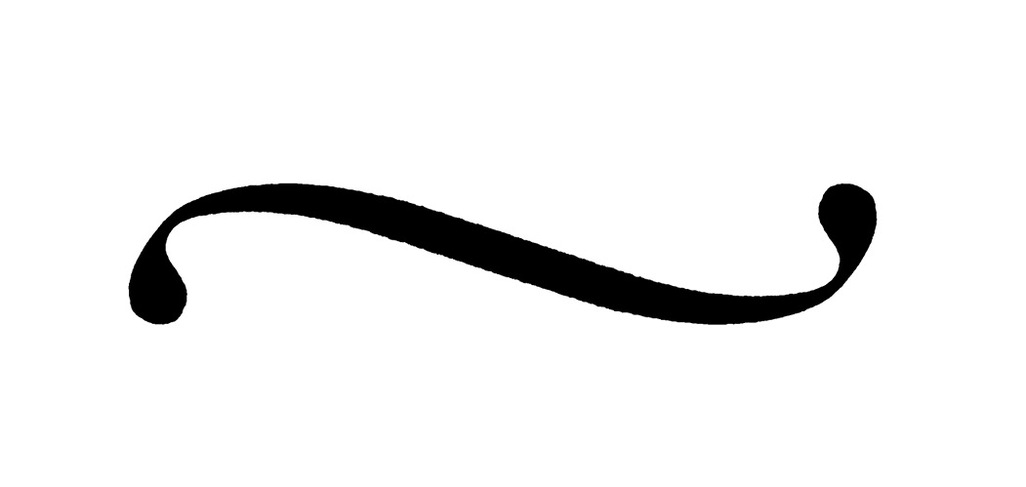Night is falling quickly outside my cabin window, and the last of the daylight is slipping away beyond the western horizon. I have lit an oil lamp so that I can carry on writing awhile longer. Autumn has come to Lisbon, and you can feel it even though the air is still warm.
Almost half a year has gone by since the Chief and I salvaged the Hudson Queen on the River Zêzere. We floated her downstream from Agiere to Constância, and from there a river steamer towed us down to Lisbon.
Since our arrival she’s been moored at the quayside below the Alfama district and is likely to be there for some time to come. She won’t be going anywhere without a boiler, not under her own steam, anyway.
The boiler was destroyed by a series of explosions when the Hudson Queen ran aground. And almost everything else on board was wrecked during the three years she was stuck on the bed of the Zêzere. It will take endless hours of work and masses of money before we get her shipshape and seaworthy again.
But we shall do it!
She will be better than ever!
The Chief and I are absolutely determined about that.
We take every job we can get in order to make the money to do it, and we spend all our free time working on the Hudson Queen. We scrape and chip off rust and repaint. We work with wood and we weld. We stripped down the engine: that took us more than a month, and I won’t even guess how long it will take to put it back together.
I sometimes feel depressed and overwhelmed when I think how much has to be repaired and replaced before we are finished, but the Chief never seems to become dispirited. Never so that it shows, anyway.
“This is what I dreamed about every day and every night I was in prison,” he says. “To be free and to have work to do! How could I possibly complain now?”
I do know, however, that in his heart of hearts even the Chief sometimes feels it’s all a bit hopeless. On one occasion when he was sitting counting the little money we had managed to save, I took out the maharaja’s turban. There is no doubt it’s worth a fortune, and with that money we would be able to put the Hudson Queen in order in a matter of months.
The Chief understood what I was thinking. He shook his head and said, “That turban was a friendship gift from the maharaja to you. You must never part with it!”
I had guessed the Chief would say something like that, but I was glad to hear it anyway. The turban is a very fine memory to have.
And the renovation of the Hudson Queen is making progress, even though we are short of money. Five weeks ago Signor Fidardo helped us get hold of a cheap load of good timber, and we have used it to make new fittings for the cabin. We finished it last night, and we are going to give it an official opening tonight.
As I write this I can hear the Chief singing while he putters about in the galley. He is cooking a fish stew, I think. And I have laid the table very nicely in our new cabin, with real napkins and wax candles. Ana and Signor Fidardo are coming to dinner, so it will be a pleasant evening.
It’s been a little while since we saw Ana, because she has been on tour in Spain. Normally we meet quite often. I call into the house on Rua de São Tomé several times a week, and when I do Signor Fidardo goes over to the bakery and brings back something nice. I take the opportunity to sharpen his knives and chisels for him, and sometimes he has accordion repair work for me. My workbench is still there by the window.
All four of us usually have Sunday dinner at Ana’s place. The Chief and Signor Fidardo bring their musical instruments, and after the meal Ana sings to us. It’s still the high point of the week for me.
Recently, however, I’ve been feeling a little sad when I sit there with my legs tucked up on Ana’s sofa and listen to my friends. I know why. The renovation of the Hudson Queen will take a long time, but it won’t last forever. Sooner or later she will be seaworthy again, and then it will be time for us to cast off and leave Lisbon. There is part of me that longs for that day, but another part of me hopes it will never come. I don’t ever want to have to say goodbye to Ana and Signor Fidardo.

I can hear footsteps up on deck. Our guests have arrived! So this will have to be the last thing I write on my Underwood No. 5. It’s time to bring my story to a close anyway. I’ve done what I set out to do, which was to tell the truth about the murder of Alphonse Morro. It has taken me three months. And three hundred sheets of paper and four typewriter ribbons. The writing has not made my nightmares disappear completely, but they are less frequent now. And that’s enough to be going on with.
Before I go to bed tonight I shall clean, oil and polish my Underwood No. 5 and then I am going to put it at the bottom of my seaman’s chest. And that is where it can stay.
But who knows? There may come a time when I have reason to take it out again.

